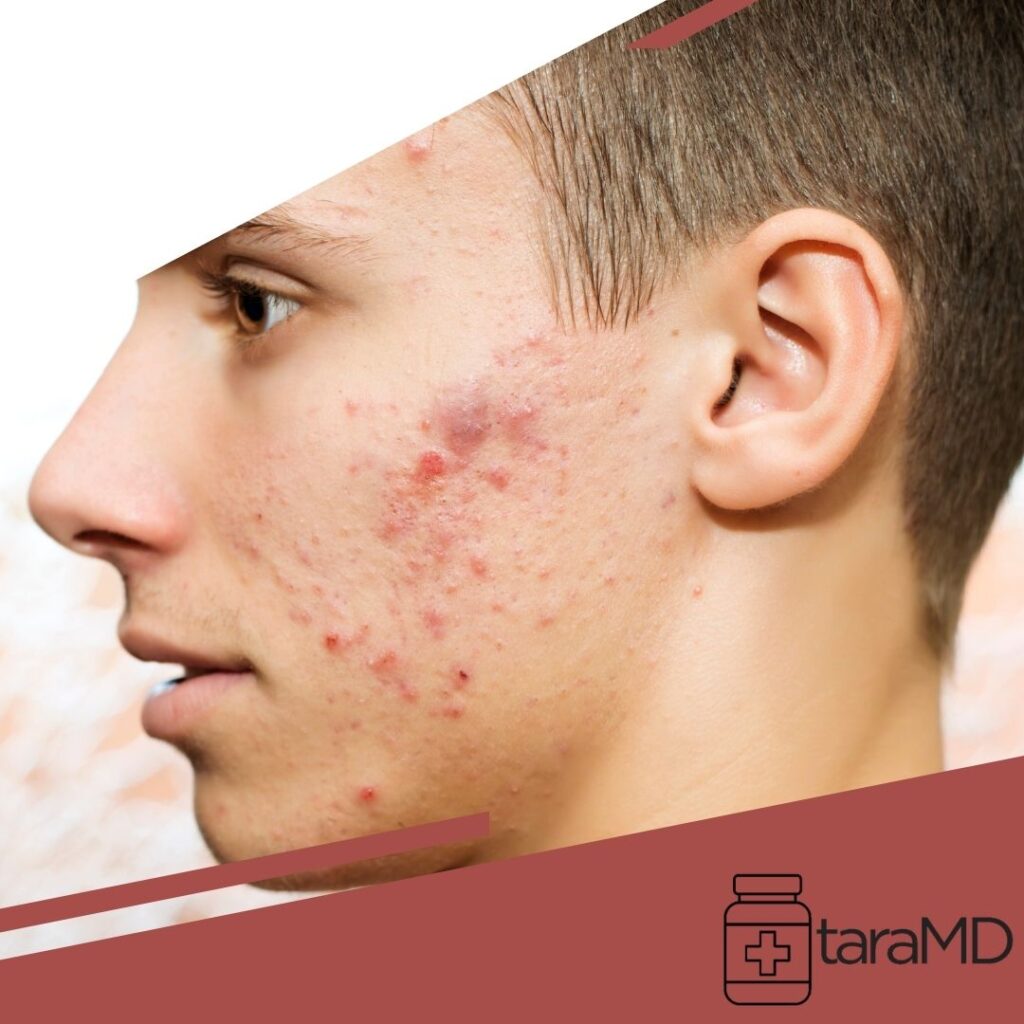Acne can be one of the most frustrating skin conditions to manage, especially when it feels like breakouts are never-ending. While it’s often linked to adolescence, acne can affect individuals of all ages. Thankfully, acne is preventable with the right approach, and long-term clear skin is achievable with consistent care. In this article, we’ll discuss practical tips for preventing acne, helping you achieve clearer skin that lasts.
1. Maintain a Consistent Skincare Routine
One of the most important factors in acne prevention is a consistent and gentle skincare routine. Cleansing your skin twice a day—once in the morning and once before bed—is essential for removing dirt, oil, and makeup that can clog pores. However, it’s important to use a gentle cleanser that won’t strip your skin of its natural oils, as over-drying can actually trigger more oil production.
- Choose Non-Comedogenic Products: Ensure that any skincare or makeup products you use are labeled “non-comedogenic,” meaning they won’t clog your pores. Look for products that are oil-free, especially if you have oily or combination skin.
- Exfoliate Regularly: Exfoliation helps to remove dead skin cells that can accumulate and clog pores. However, be careful not to over-exfoliate, as this can irritate the skin. Use a mild exfoliant once or twice a week to keep skin smooth and clear.
- Moisturize: Even oily skin needs hydration. Use a lightweight, oil-free moisturizer to maintain your skin’s moisture balance and prevent excessive oil production, which can lead to acne.
2. Focus on Your Diet
While diet alone doesn’t cause acne, certain foods can contribute to breakouts, particularly those that spike your blood sugar levels. A diet high in refined sugars and dairy products has been linked to an increase in acne severity. To help prevent acne:
- Reduce High-Glycemic Foods: Foods like white bread, sugary snacks, and soda can cause blood sugar spikes, which can increase insulin levels and trigger oil production in the skin. Opt for whole grains, lean proteins, and vegetables to help regulate blood sugar.
- Eat Skin-Friendly Foods: Incorporate foods rich in antioxidants, omega-3 fatty acids, and vitamins A and E, such as leafy greens, fatty fish like salmon, and nuts. These nutrients can help reduce inflammation and promote healthy skin.
- Hydrate: Drink plenty of water throughout the day to keep your skin hydrated. Proper hydration helps your skin repair itself and flush out toxins that could contribute to acne.
3. Manage Stress Levels
Stress is a common trigger for acne flare-ups, as it can increase the production of cortisol, a hormone that stimulates oil production in the skin. To manage stress:
- Practice Relaxation Techniques: Incorporate stress-reducing activities into your daily routine, such as yoga, meditation, deep breathing exercises, or spending time outdoors.
- Get Enough Sleep: Lack of sleep can worsen stress levels and impact your skin’s ability to regenerate. Aim for 7-8 hours of quality sleep each night to give your skin time to heal and refresh.
4. Avoid Touching Your Face
One of the easiest ways to prevent acne is by avoiding touching your face throughout the day. Your hands come into contact with dirt, oil, and bacteria, which can transfer to your face and clog pores. Additionally, frequently touching your face can irritate the skin, leading to more inflammation.
- Keep Your Phone Clean: Phones can collect bacteria and oils, which can transfer to your face when you answer calls. Regularly clean your phone screen with an antibacterial wipe to minimize contact with these contaminants.
- Use Clean Towels and Pillowcases: Change your pillowcase regularly, as it can trap oils, dirt, and bacteria that can contribute to acne. Use clean towels to wipe your face, and avoid using the same towel multiple times.
5. Consult a Dermatologist
If over-the-counter products aren’t effective in preventing acne or if your acne is severe, consulting a dermatologist is crucial. A dermatologist can recommend prescription treatments such as topical retinoids, antibiotics, or hormonal therapies that can target the root causes of acne and prevent future breakouts.
Proactive Care for Long-Term Clear Skin
Acne prevention requires a combination of consistency, healthy habits, and proper skincare. By maintaining a gentle skincare routine, making mindful dietary choices, managing stress, and adopting good hygiene practices, you can significantly reduce your risk of developing acne. Remember, the key to long-term clear skin is consistency. If your acne persists or worsens, consulting a dermatologist can help you find the best treatment options tailored to your needs. Take charge of your skin’s health today and enjoy the benefits of clear, vibrant skin.
Read more:

